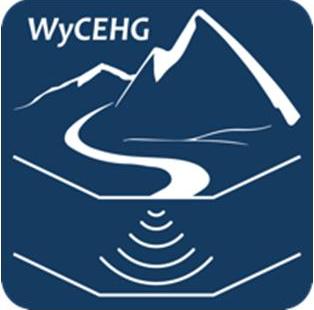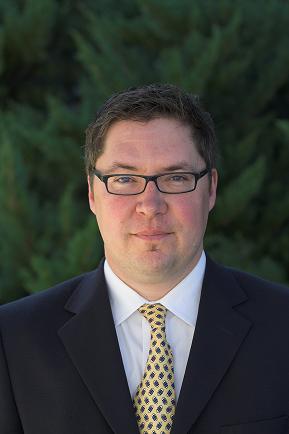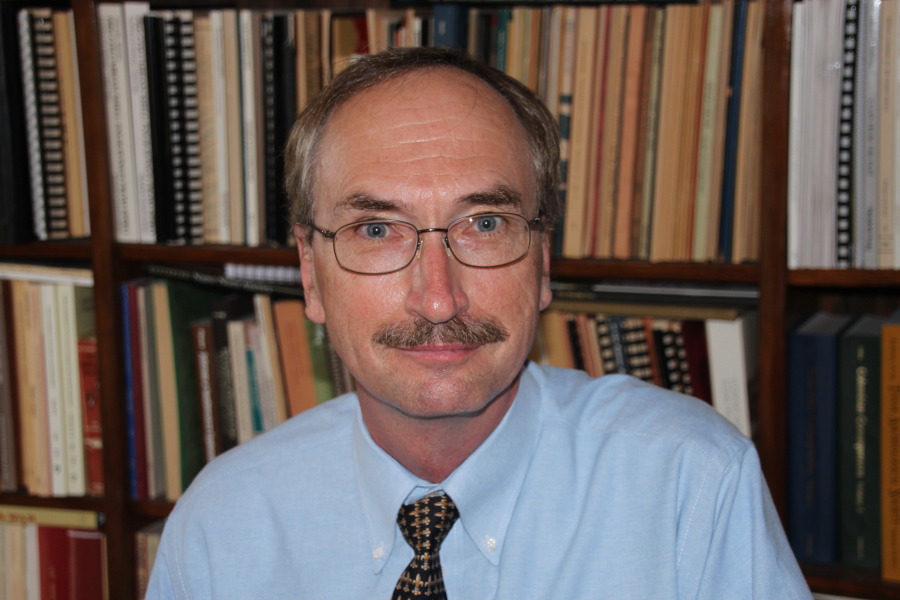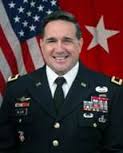- Home
- About Us
- GAINS
- News/TAG Webinars
- Membership
- Annual Meeting/SAGEEP
- SAGEEP 2026
- SAGEEP 2026 Schedule at a Glance
- SAGEEP 2026 Registration Information
- SAGEEP 2026 Abstract/Session Schedule
- SAGEEP 2026 Sponsorship Opportunities
- SAGEEP 2026 Exhibitor Opportunities
- SAGEEP 2026 Exhibitor Contract
- SAGEEP 2026 Accommodations
- SAGEEP 2026 Short Coures
- SAGEEP 2026 Luncheons/Conference Events/Activities
- SAGEEP 2025
- SAGEEP 2025-Munitions Response Meeting Abstracts/Sessions
- SAGEEP 2025-MRM Exhibiting/Sponsorship Opportunities
- SAGEEP 2025-MRM Accommodations
- SAGEEP 2025-MRM Registration Information
- SAGEEP 2025-MRM Program
- SAGEEP 2025-Munitions Response Meeting Short Courses
- SAGEEP 2025/MRM Luncheons/Conference Events/Activities
- SAGEEP 2024
- SAGEEP 2023
- SAGEEP 2022
- SAGEEP 2021
- SAGEEP 2020 Exhibiting/Sponsorship
- SAGEEP-2019
- SAGEEP 2019 Exhibiting/Sponsorship
- SAGEEP 2018
- SAGEEP 2017
- SAGEEP 2016
- SAGEEP 2015
- Proceedings SAGEEP 2024
- Proceedings SAGEEP 2023
- Proceedings SAGEEP 2022
- Proceedings SAGEEP 2018
- Proceedings SAGEEP 2025
- SAGEEP 2026
- Publications & Merchandise
Monday, March 23
|
 |
Advanced Geosciences, Inc. |
 |
Geometrics |
 |
Spotlight Geophysical Services |
 |
Wyoming Center for Environmental Hydrology & Geophysics, Univ. of WY |
 Robert E. Mace, Ph.D., P.G., Deputy Executive Administrator of the Water Science and Conservation/Texas Water Development Board
Robert E. Mace, Ph.D., P.G., Deputy Executive Administrator of the Water Science and Conservation/Texas Water Development Board
"Drought and What Texas Has Been Doing About It"
Texas has suffered a state-wide drought since 2011 with the western third of the state in hydrologic drought since the mid to late 1990s. On top of the drought is continued rapid growth, fed in part by hydraulic fracturing, with ~1,000 people a day moving to Texas. Geophysics at multiple scales has played a prominent role in assessing drought impacts as well as current and future water supplies. Given the size of our state and the interstate and international basins that feed into us, remote sensing has been the best tool for evaluating overall drought conditions, soil moisture status, and overall water changes (GRACE). We also integrate staff research with results of TWDB-sponsored projects conducted by consultants and universities to address water issues, including the use of remote sensing and process-based empirical modelling to (1) provide a longer-term (six to eight month) prediction of summer rainfall and (2) better estimate how much water is being applied for irrigation. Other water-related applications of remote sensing and geophysics include sedimentation in reservoirs, airborne geophysics for groundwater resources, and borehole geophysics from existing well logs, primarily from the oil patch, to evaluate brackish groundwater resources across the state.
Robert E. Mace joined the Texas Water Development Board in 1999 to manage the Groundwater Availability Modeling Program. Over the next nine years, he rose from a unit leader to director for the Groundwater Resources Division to a Deputy Executive Administrator to lead the Water Science & Conservation program area for the agency, a group of 64 scientists, engineers, and specialists dedicated to better understanding groundwater and surface water resources in Texas and advancing water conservation and innovative water technologies such as desalination, aquifer storage and recovery, reuse, and rainwater harvesting. Prior to joining the Texas Water Development Board, Robert worked nearly nine years at the Bureau of Economic Geology at The University of Texas at Austin as a hydrologist and research scientist. Robert has a B.S. in Geophysics and an M.S. in Hydrology from the New Mexico Institute of Mining and Technology and a Ph.D. in Hydrogeology from The University of Texas at Austin. His residential consumption of water is under 30 gallons per person per day (and would be lower if his wife was more cooperative).
Kali-Kate Ranch Evening BBQ Dinner
Dr. Jim Bruseth
"From A Watery Grave: Discovery and Excavation of La Salle’s shipwreck, La Belle"
 Dr. Jim Bruseth, a professional archaeologist and currently, the Guest Curator for the exhibit of the La Belle shipwreck at the Bullock Texas State History Museum will speak about the discovery and excavation of the La Belle.
Dr. Jim Bruseth, a professional archaeologist and currently, the Guest Curator for the exhibit of the La Belle shipwreck at the Bullock Texas State History Museum will speak about the discovery and excavation of the La Belle.
Dr. Bruseth will discuss how archaeologists from the Texas Historical Commission located and excavated La Belle, called by Smithsonian Magazine one of the most important shipwreck discoveries ever made in North America. He will also present some of the mysteries surrounding the wreck and the plans for a world–class exhibit of La Belle at the Bullock Texas State History Museum.
Until his retirement from the Texas Historical Commission in 2011, he served as the agency’s Director of the Archeology Division and was appointed a Deputy State Historic Preservation Officer. While at the Commission, he directed the excavation of La Belle, a ship wrecked in 1684 along the Texas coast and belonging to the French explorer La Salle. Dr. Bruseth has been active in the field of archaeology for 40 years. His projects have been covered in national magazines such as National Geographic and Smithsonian Magazine. He has written several books and papers on archeology. His 2005 book From a Watery Grave (authored with his wife Toni Tuner) recounts the discovery and excavation of La Belle; the book has won two national awards. His newest book, titled La Belle: The Ship That Changed History, was written to accompany the exhibit of La Belle at the Bullock Texas State History Museum.


 Brigadier General (Retired) Peter A. (Duke) DeLuca
Brigadier General (Retired) Peter A. (Duke) DeLuca


















